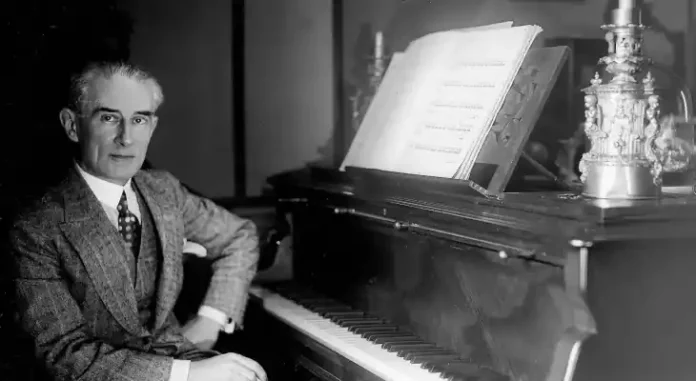
In a landmark decision with profound financial implications, a French court in Nanterre has definitively ruled that Maurice Ravel is the sole author of “Boléro,” dismissing claims of co-authorship by Alexandre Benois, a renowned Russian stage designer.
The ruling ensures that “Boléro” remains in the public domain, affirming Ravel’s exclusive authorship over the iconic musical piece.
“Boléro,” which premiered at the Paris Opera in 1928, quickly captivated audiences worldwide with its distinctive crescendo and hypnotic rhythm.
Despite its enduring popularity, the composition’s copyright expired in 2016, seventy years after Ravel’s death, allowing it to enter the public domain. This legal status enables unrestricted use and adaptation of the work without financial compensation to any heirs.
The dispute arose from assertions by Benois’ estate, contending that his involvement in the original production of “Boléro” warranted co-authorship status and subsequent copyright entitlements.
Benois, who collaborated with Ravel on the ballet’s staging, passed away in 1960, prompting his heirs to seek ongoing royalties until 2039 under French copyright law extensions.
During proceedings, Benois’ representatives argued that his contributions to “Boléro,” particularly in its choreographic context, should not be overlooked, advocating for a shared authorship designation that would restore financial benefits to his estate.
Conversely, advocates for Ravel’s estate maintained that the composer’s solo declaration of authorship in 1929, supported by documentary evidence, decisively affirmed his sole creative responsibility for the composition.
Yvan Diringer, representing France’s Society of Authors, Composers and Music Publishers (Sacem), lauded the court’s rigorous examination of historical evidence, emphasizing the importance of upholding Ravel’s affirmed authorship status.
Sacem, which manages royalties for musical works, underscored that “Boléro” had previously generated substantial annual revenue despite a decline in earnings following its transition to the public domain.
Gilles Vercken, legal counsel for Ravel’s estate, expressed measured satisfaction with the court’s ruling, indicating that they would carefully evaluate its implications before issuing further statements.
The decision marks a crucial legal precedent concerning the delineation of authorship in artistic collaborations and the enduring financial consequences for estates and rights management organizations.
The court’s verdict signifies not only a resolution to a protracted legal battle but also a validation of Ravel’s artistic legacy as an individual composer.
By affirming his singular authorship of “Boléro,” the ruling upholds the integrity of his creative contributions within the framework of intellectual property law, setting a precedent for future disputes over collaborative works in the arts.
As the legal ramifications reverberate through international copyright discussions, the case serves as a poignant reminder of the complexities inherent in defining authorship and the enduring value of artistic creations in the public domain.
This article was created using automation technology and was thoroughly edited and fact-checked by one of our editorial staff members